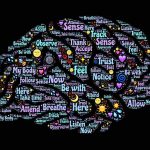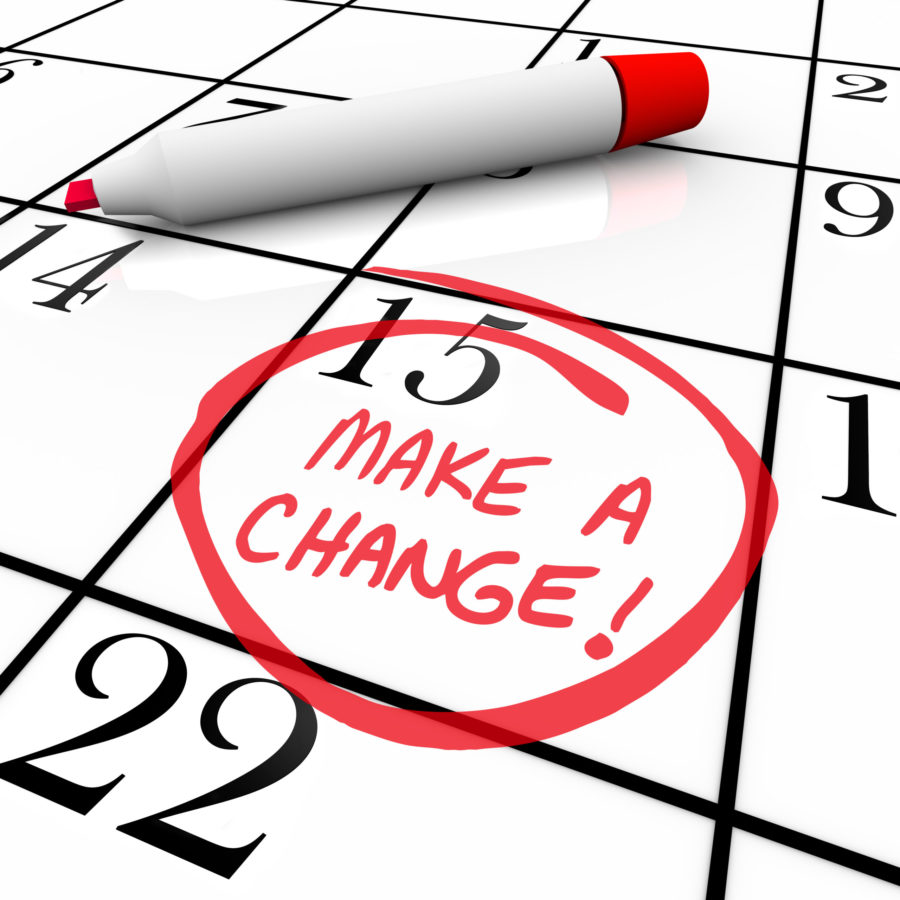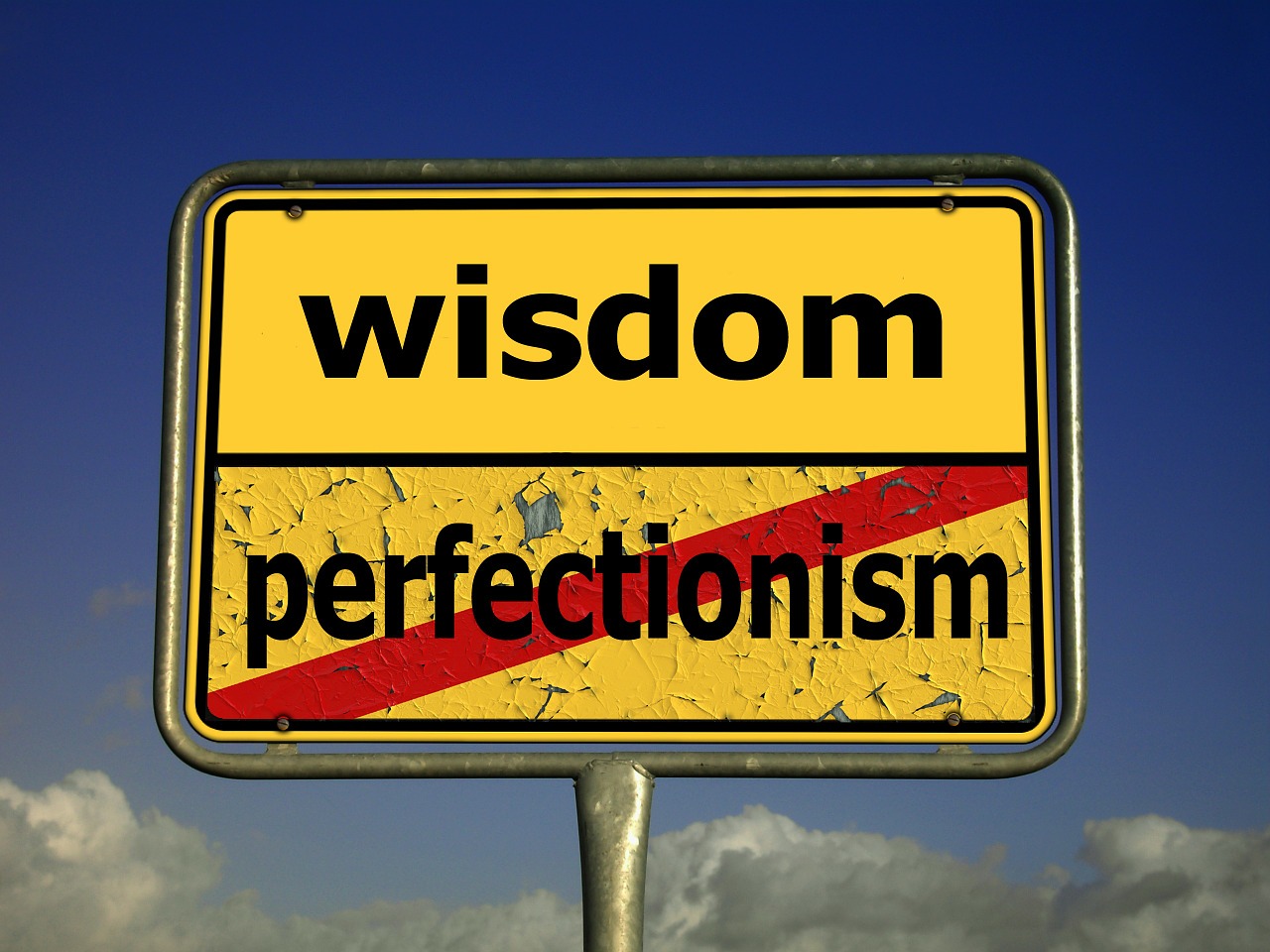
Depression is kind of an a-hole. There, I said it. Please pardon my crude language but I think it’s an apt description. Depression can turn a perfectly lovely, capable, intelligent person into an irritable, lethargic, confused, pessimistic mess. It is notorious for telling very convincing lies, and these lies are often big whoppers packing a lot of punch: the universe is punishing me, nothing will ever get better, nobody likes me, God has forgotten me, the world is a dark and dismal place. Depression is really good at selling these lies so then it can rob someone of healthy perspective and instead give them a pair of ugly, dark glasses to view the world. Next, depression will steal the ability to apply good judgment and common sense. The thievery doesn’t stop there, folks. Depression proceeds to rob someone of the energy needed to actively respond all of this nonsense. Sneaky! Depression is an equal opportunity a-hole, too, in that it does not pay much attention to race, ethnicity, financial standing, religion, age, or gender.
See what I mean? Depression is really a big ol’ bully! Let me take a moment now to dispel some myths about depression because spreading these myths to others, or even yourself, can be dangerous. Depression is not about having a bad few days, being weak, engaging in self-pity, or being ungrateful. In actuality, depression is a complex disorder involving multiple bodily systems, including the brain (e.g., amygdala, hippocampus, anterior cingulate, prefrontal cortex, and other areas), nervous system, neurotransmitters, cardiovascular system, digestive system, and immune system.
At this point, may I ask you a favor? I wouldn’t ask if it weren’t important. Here’s my favor: there are a few things I’d like to ask you to please never say to someone, including yourself, who is struggling with depression. The first “please never say” statement is any advice that starts with, “You just need to…(insert whatever your advice is here).” Why is this a “please never say” phrase? Two reasons: 1. It assumes that you know exactly what will help, and 2. Using the word “just” minimizes the effort that will likely be needed to undertake recovery from depression. Recovery from depression is just not that easy. If it were just that easy, the person with depression, often very intelligent and resourceful, would have figured it out on their own. Remember, depression is so sneaky and manipulative that it robs someone of perspective and judgment (both cognitive functions within the brain) and energy (our “mojo juice” that is generated by multiple organ systems). For someone who is depressed, seemingly simple actions require often tremendous effort and focus, so feeling better involves much more than “just” following any piece of advice.
Another “please never say” statement is anything that resembles, “Happiness is a choice.” This implies that the depressed person has made a conscious choice to be depressed…but who on earth would choose to be depressed?! It’s a miserable state of being most of us are not going to intentionally choose that path for ourselves. Also, it’s hard to argue that an illness involving so many bodily systems is really a choice.
Well, geez, Dr. Jen, this is all kinda…well…depressing. But wait! There’s good news: depression is treatable! Although there is not a quick fix at this point, there are a myriad of treatments and interventions that can help you kick depression, that no-good, lying, manipulative a-hole, to the curb. Let me highlight just a few treatment options. One of the primary treatments for depression is psychotherapy. For those who know me, you know I’m a big fan of mindfulness-based therapies (e.g., ACT, DBT, MBCT) and there is a lot of research showing these can be an effective intervention for depression. Cognitive behavioral psychotherapy (CBT) is another powerful, research-supported intervention that helps people constructively challenge depression’s lies and exaggerations. Medication is an additional primary treatment for depression and I’ve seen it make a big difference in many people’s lives. There have been big advances in psychiatric medication in the past several years.
There are many complementary, research-supported activities that can be used in conjunction with the primary interventions of psychotherapy and medications. For example, regular exercise can help lift depression (Note: Did you read my blog about exercise a few months back? No?! Well, by all means, please check it out here). Likewise, a regular meditation practice can help people recover from depression. More on that in a minute. And did you know that nutrition and gut health are related to mood? Yep, and if you missed my blog about that, you can check it out here. There’s now even a promising body of research suggesting that yoga may be an effective intervention for depression. Cool!

Will you indulge me for a moment? Pretty please? Gosh, thanks, I really appreciate it. I’m passionate about mindfulness as a way to manage emotions and want to make another plug for it. Have you heard that mindfulness meditation changes your brain? Here’s why that’s really important for depression. Do you remember when I mentioned a few paragraphs ago that depression can be seen in certain areas of our brain? If you want to go back and review this information in the second paragraph, please feel free. I’ll wait here patiently….*whistling and looking out window*… Got it? Excellent! Now back to my point: practicing regular meditation changes some of the same parts of your brain affected by depression. Fascinating! Mindfulness and meditation seem to create new neural connections, allowing different parts of your brain to talk more effectively to each other, which allows for better regulation of our whole system. What does this look like in day-to-day life? From a psychological perspective, we can improve our ability to respond thoughtfully rather than react impulsively because we are better able to regulate our own emotions and constructively focus our attention. And responding thoughtfully, regulating our emotions, and constructively focusing our attention are all important skills in recovering from depression.

The most important thing to do if you or someone you love is struggling with depression is to ask for help. It is very important to avoid trying to cure depression on your own because, as we’ve discussed, it is such a lying, manipulative a-hole and can’t be trusted to lead you down a healthy path. Seek out professional support and guidance: find a therapist who treats depression (hi there), schedule a visit with your primary care physician, see a psychiatrist (a mental health physician who can prescribe medication), talk to your minister, or find a support group run by a trained professional. The second most important thing to do if you or someone you love is struggling with depression is to maintain hope. Don’t buy into the BS lies that depression feeds you about life being hopeless. You can get better. If you have a hard time accessing that hope for yourself, consider asking a trusted loved one to hold that hope for you and remind you of it as needed. At some point, though, you can learn to hold that hope for yourself again.
Feel free to check out some of the additional resources for depression listed on my website here, including two that I’ll take time to mention now: 1. One of my all-time favorite self-help books is The Mindful Way Through Depression by Williams, Teasdale, Segal, and Kabat-Zinn, and 2) I really like the Mayo Clinic’s e-newsletter on depression.
May you know hope, may you feel love, may you experience wellbeing,
Dr. Jen



